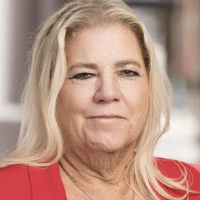Spangle Adoption Lawyer, Washington
Not enough matches for Spangle Adoption lawyer.
Below are all Spangle Divorce & Family Law lawyers.
Julie A. Twyford
✓ VERIFIEDDivorce & Family Law, Criminal
Julie Twyford has built her life around helping people. For 40 years she has dedicated her life to the law, and the pursuit of equality and fairness. ... (more)
Gary J. Gainer
Family Law, Adoption, Divorce & Family Law, Children's Rights
Status: In Good Standing
FREE CONSULTATION
CONTACTMartin A. Peltram
Health Care, Family Law, Civil Rights, Medical Malpractice
Status: In Good Standing
Stanley A. Kempner
Employment, Divorce, Divorce & Family Law, Discrimination
Status: In Good Standing
Andrew David Brown
Family Law, Custody & Visitation, Child Custody, Divorce
Status: In Good Standing Licensed: 3 Years
Brian K. Dykman
Divorce & Family Law, Child Custody, Divorce
Status: In Good Standing Licensed: 31 Years
Courtney Jewel Hagermann
Divorce & Family Law, Family Law, Child Custody, Divorce
Status: In Good Standing Licensed: 8 Years




